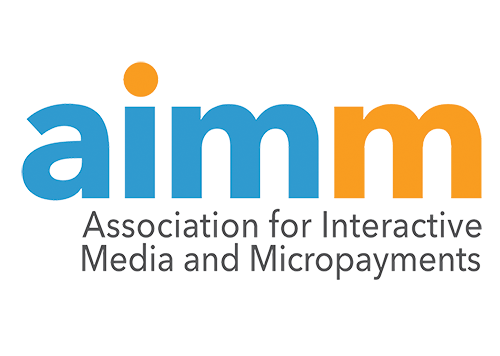11 July 2014
All information in this release is derived from material already in the public domain.
In 2013, PhonepayPlus’ Research and Market Intelligence Team downloaded a virus to their test computer as part of the ongoing monitoring of the digital advertising of premium rate services and found that a form of malware prevented their computer browser from accessing websites and displayed a warning that the user had performed activities that were unauthorised. The warning also suggested that to prove that the user was human and to get the browser unlocked, the user had to use one of a range of different commercial offers. These “offers” led to various subscription-based premium rate services.
The malware, known as “Ransomware”, was used by an affiliate publisher to promote services. The malware had been recently re-authored to act in this way, previously designed to extract for £100 PayPal payment from the user, and it was unclear if any consumers had been affected before PhonepayPlus detected the malware.
Over the following few days, PhonepayPlus Executive raised an Emergency Procedure against the companies whose services had been promoted by the affiliate utilising the malware. In all, 10 companies were affected and all received the Emergency Procedure which shut down their services and froze any revenue flow.
Later that year, nearly all of the companies were adjudicated against by the PhonepayPlus Code Compliance Panel and received fines and warnings.
Two of the companies, Germany based Ordanduu GmbH and Optimus GmbH, felt that PhonepayPlus had breached European law in carrying out its investigation against them and requested a Judicial Review through the English Courts. In April 2014, permission to proceed with a Judicial Review based on possible breaches of EU Law was granted by the Administrative Court. In granting permission for a Judicial Review, the Judge, Justice Charles also gave permission to the Barrister, Gerry Facenna of Moncktons Chambers, to add in to the Judicial Review, potential issues of English Law in terms of “fair regulation”.
We note that whilst observations about PhonepayPlus’ process and fair regulation have been raised by Justice Charles in his summing up the Judicial Review is not yet concluded. We would however expect that PhonepayPlus will take these observations into consideration and are working closely with PhonepayPlus in relation to its 13th Code consultation, and will be detailing the various requirements for review on behalf of its members
AIME will not comment on the specifics of the Judicial Review as it is not appropriate to discuss ongoing legal cases nor speculate on the potential implications of the Review at this stage.
However, AIME is in discussion with PhonepayPlus regarding the creation of a cross industry working group. This will seek to address the relevance and effectiveness of the current regulatory model in light of the rapidly changing dynamics brought about by new digital content consumption and changing consumer behaviours.
AIME Board Chairman Edward Boddington of Harvest Media stated; “The Premium Rate Industry is characterised by rapid change and in some cases the industry is still catching up to the evolving risk element when using affiliate marketing. PhonepayPlus is constantly evolving its own approach in the face of new risks. This case represents a disagreement as to whether all parties reacted sufficiently and correctly to the particular risk of ransomware, utilised by a rogue affiliate. Moving forward, new risks will emerge, and doubtless new disagreements will emerge. AIME believes that close collaboration between industry and the regulator is the best way of keeping misunderstandings, under estimations, and disagreements to a minimum. AIME is negotiating with PhonepayPlus for the creation of a cross industry working group to consider certain aspects of current regulatory processes and to be available to assist when new risks emerge. AIME will also continue to keep Members informed and will work with them to ensure the appropriate regulatory framework exists to support their businesses.”


